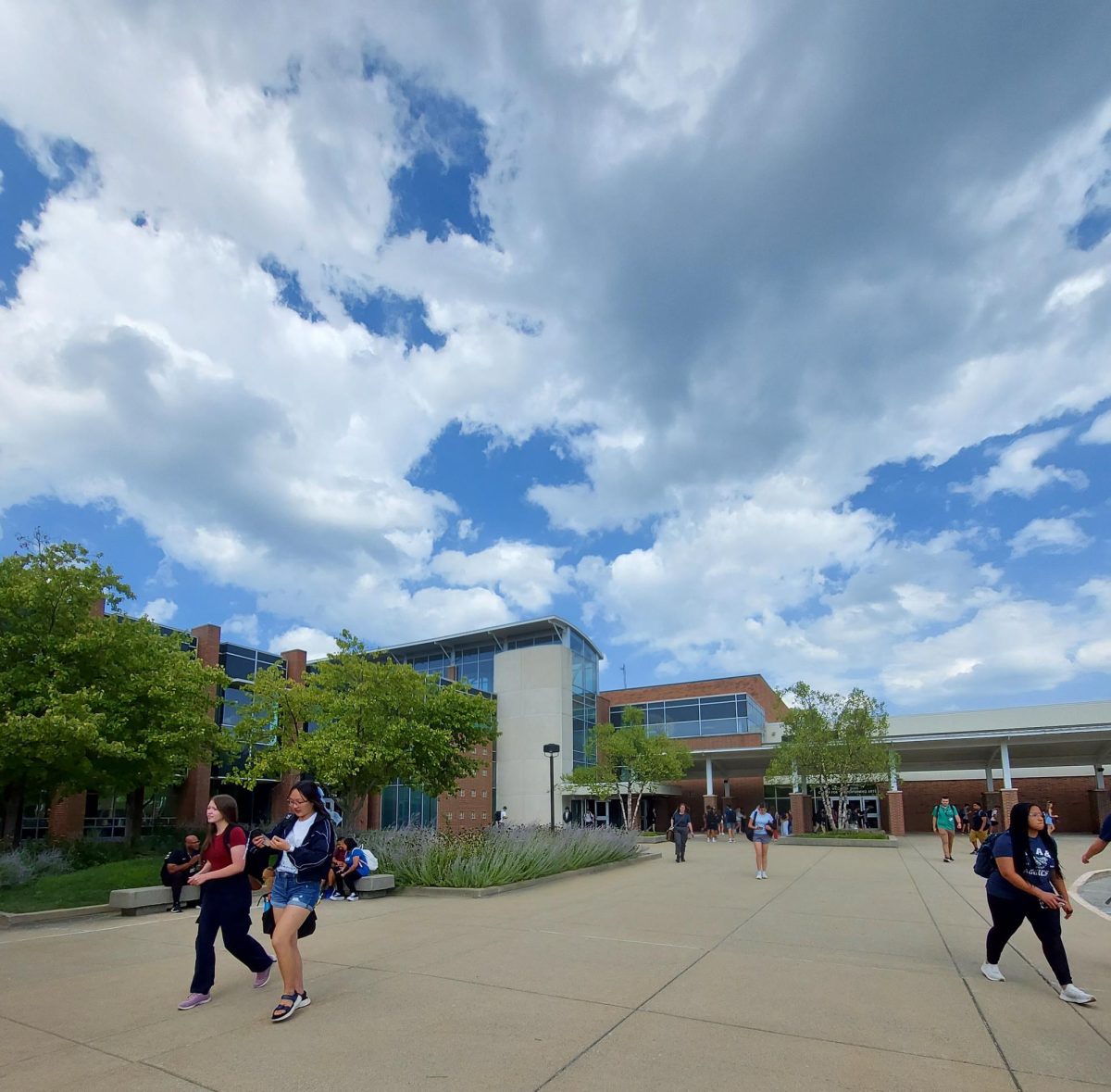It is nearly impossible to walk through the hallways of Carmel High School without hearing “I’m tired” or “I need to get coffee”, because most high school students are constantly consuming coffee, energy drinks, or some other form of caffeine. Carmel High School senior, Cameron Geddess stated (when asked how much caffeine she typically consumes in a day) “300+ mg a day, but at minimum 150 mg.”According to Mayo Clinic, a study showed that 83% of teens ages 13-18 consume caffeine regularly, and 96% drink it semi-regularly. While this might seem necessary to get through the school day, excessive caffeine intake at such a young age can show negative effects in teenager’s focus, mental/physical health and sleep patterns. UTPhysicians advises parents to only allow children under 18 to consume 100 milligrams of caffeine per day, while adults can handle much larger doses up to 400 milligrams. Many students choose to drink caffeine in order to keep up with their daily assignments and have the energy to go to class, but how has this affected their studies? Lauren Wolfangel (Carmel High School Junior) stated she consumes caffeine every day and has been since freshman year.
When students learn these habits early in their high school career they become dependent and consider it a part of their routine. It is noticeably present that there is caffeine everywhere in schools, from Kickstarts in the vending machines to a whole cafe for students to use at any time of the day. Which poses the question: How do students escape this addiction?
It is advised students can slowly phase energy drinks and sugary coffees out of their diet by replacing them with black tea, green tea or other beverages with reduced caffeine. In addition, consuming caffeine only in the morning can help reduce sleep problems due to the amount of time it takes for caffeine to leave your system. If kids are feeling low in energy, eating food that contains proteins and complex carbohydrates can have a positive effect on your energy levels. Health experts also recommend having a full breakfast and lunch. By taking small steps towards better consumption habits, CHS students can preserve their physical health and happiness.





























































